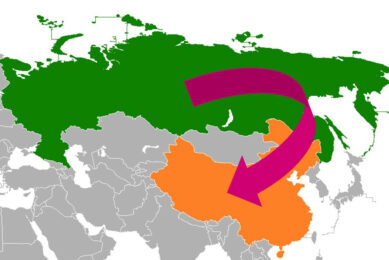PED is said to have killed 60,000 piglets in Philippines

The Porcine Epidemic Diarrhoea (PED) syndrome has already killed 60,000 piglets in the agro-industrial Philippine province of Batangas, since it struck pig farms last June.
These figures were made public by a local veterinarian. PED, an acute diarrhoeal disease caused by coronavirus, affects pigs of different age groups. The disease usually damages the villi in the gut, resulting in dehydration.
PED was discovered in Europe in 1969 and is widespread in China and European countries. Adult pigs experience anorexia, lethargy and diarrhoea; sucklings exhibit vomiting and watery diarrhoea. Usually, mortality among piglets is high: for sucklings at 100% and piglets at 50% or greater.
Last year, the syndrome struck piglets in the Bulacan province. It is thought that the disease has spread from one town to another. The infectious disease could have been carried by winds or objects from affected farms.
Piglets were given electrolyte replacements as protection for diarrhoea and secondary bacterial infection. Biosecurity measures, including the quarantine of personnel, are also considered to prevent further outbreaks.
It is estimated that owners would lose €15 to €23 per head, amounting to €1,500 for 500 pigs sold due to the disease.











